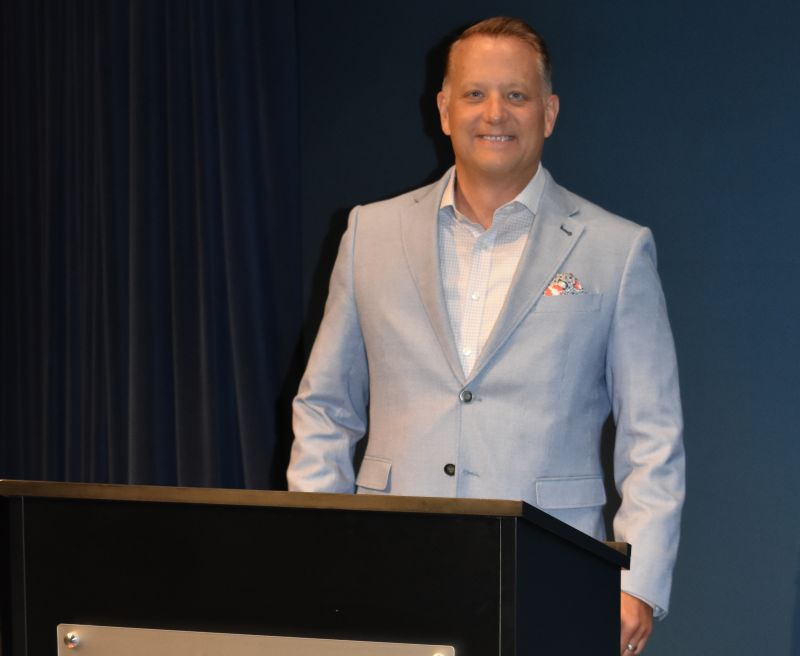
Changing your mindset to effectively manage millennials
Posted On January 13, 2024
Many of the great leaders of the past — Henry Ford, Jack Welch of General Electric, Tom Watson of IBM, to name a few – essentially told their employees: Follow me and do as I say if you want to survive and thrive.
Leading today’s generation of employees may not be so straight-forward. In fact, the great leaders of the past may have had a difficult time leading the workforces of today.
Our guest in the latest episode of “What’s Working with Cam Marston” was Dr. Kevin McGarry, who did his doctoral research on becoming more effective leaders for the millennial generation. He’s used that research to start Leading360, a platform that allows leaders to assess their effectiveness and hone their skills to thrive in the current marketplace.
McGarry became interested in his research while managing a mutual fund sales team comprised of both millennials and Gen Xers and noticing their differences. He found that while the well-known interests in hybrid or remote work schedules and access to technology were common desires for millennials, they were also very focused on the leadership guiding them.
Whereas previous generations responded to the “my way or the highway” approach,” McGarry says millennials – who make up the majority of today’s workforce, want a more engaged role – and a more engaged leader.
“The number one thing that followers want from their leader is to have a vision for their career,” he said. “So if you know your follower and understand where they want to go in their career, understand where their passions lie, whether they’re at work or at home, you have an opportunity to get them more engaged, to have them be more passionate to achieve more, knowing that you know where they’re headed and that you as a leader can help them be more successful long-term.”
 Their interests aren’t just career-focused, however. McGarry’s research found millennials want to work for organizations that are focused on sustainability, diversity and ethical practices.
Their interests aren’t just career-focused, however. McGarry’s research found millennials want to work for organizations that are focused on sustainability, diversity and ethical practices.
“Their focus is above and beyond just the role they have within the organization,” he said. “Their expectation is that their organizations that they work for, they want them to be highly engaged in the environment, they want them to be engaged in the community.”
Interestingly, McGarry said he found some of these expectations weren’t specific to millennials. Gen Xers were also concerned with eliminating bias with regards to hiring and pay, for instance.
The main three things he found that all generations look for in a leader were:
- People-focused
- Strong leadership characteristics (approachability, inspirational, high integrity)
- Effective communication
“What I found in this research around effective communication was that the most important thing was to understand the why behind why they’re doing something,” he added. “It does come down to helping them understand expectations and then understand the why behind what they’re doing.”
Why is all this important? In today’s competitive marketplace, it’s becoming more difficult to attract and retain talent. Successful leaders may find they need to set aside the old “follow me” approach and ask themselves how they can help their employees thrive – and therefore make their workplace more attractive to the next generation.